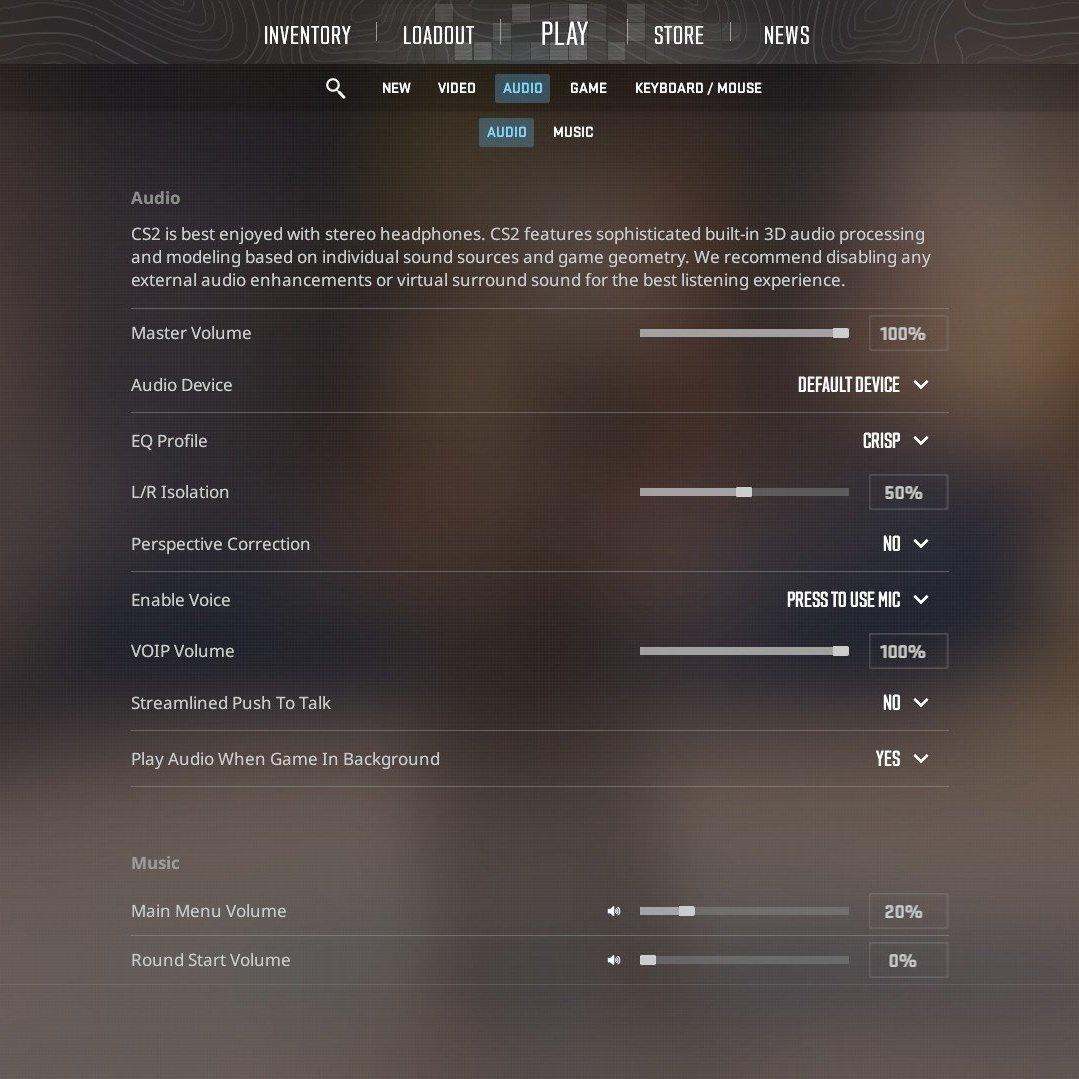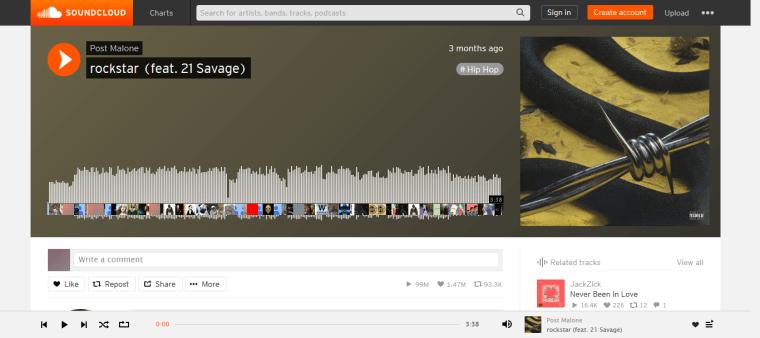When it comes to streaming music and audio, two giants often come to mind: SoundCloud and YouTube. They’re like the two coolest kids in school, each with their own distinct vibes that draw in a diverse crowd. But if you’ve ever wondered about the nitty-gritty of their audio quality, you’re not alone. Whether you’re a budding musician, an avid listener, or just someone who appreciates crystal-clear sound, diving into the audio quality of these platforms is like exploring two unique worlds. Each offers its own flavor of sound, and knowing how they stack up can make all the difference in your listening experience. Let’s unpack the sonic nuances that set SoundCloud apart from YouTube, and help you decide which one deserves a spot in your playlist. Ready to tune in?
Exploring Audio Fidelity: How SoundCloud and YouTube Stack Up

When it comes to streaming music and audio, quality is key, and that’s where SoundCloud and YouTube go head-to-head. SoundCloud often shines due to its commitment to audio fidelity, with a maximum bitrate of 320 kbps for its premium users. This means the sound is crisp and rich, allowing artists to showcase their work exactly how they intended it. On the flip side, YouTube has varied audio quality depending on the video—but with a standard bitrate around 128 kbps for standard uploads, it tends to take a backseat in pure audio performance. Think of SoundCloud as that boutique record shop where every album is curated for the perfect listening experience, while YouTube resembles a crowded flea market, full of gems but often marred by that one loud talker nearby disrupting your groove.
Let’s break it down even further:
| Platform | Max Audio Bitrate | Best For |
|---|---|---|
| SoundCloud | 320 kbps | Quality audio and indie artists |
| YouTube | 128 kbps | Music videos & live performances |
Even though YouTube’s strengths lie in its visuals, SoundCloud champions fidelity—a perfect match for those who crave an immersive listening experience. It’s like choosing between a concert in a tiny venue where you can feel the vibrations versus an arena show where the lights are blinding but the sound can get lost in the mix. For true audiophiles, every note matters, and that’s why understanding these platforms is essential in picking the right one for your audio journey.
The Role of Compression Techniques in Delivering Sound Quality

When it comes to audio quality, compression techniques are the unsung heroes behind the scenes, quietly working their magic to deliver crisp and clear sound. Think about it: every time you stream a track, your ears are enjoying a finely-tuned product that balances dynamic range with file size. Compression isn’t just about making files smaller; it’s about ensuring that the essence of the music remains intact. Techniques like lossless compression maintain the integrity of the original audio, while lossy compression, though slightly sacrificing quality, allows for faster streaming and less buffering time. Ultimately, it’s a bit of a balancing act, striving to serve both the listener’s experience and the technical realities of digital streaming.
Different platforms use various forms of compression, affecting how we perceive sound during playback. For instance, SoundCloud leans heavily into its customizable settings, allowing artists to upload their tracks in formats that maintain higher bit rates, while YouTube, in its quest for universal accessibility, opts for a more standardized, lower bit rate across the board. Consider this like choosing between artisanal coffee from a local café and the mass-produced stuff you get at a chain; both have their places, but one is crafted for connoisseurs while the other caters to the crowd. Artists and producers need to be aware of these technical nuances, as they can drastically impact how their work is experienced after hitting that upload button.
User Experience: Navigating Audio Settings on Both Platforms

Navigating the audio settings on both SoundCloud and YouTube can feel like wandering through a maze—lots of paths, and some are definitely more straightforward than others. SoundCloud stands out with its user-friendly interface that makes tweaking audio a breeze. You’ll find adjustable sliders for volume, balance, and even a toggle for crossfade, which lets you blend tracks seamlessly. Mix those beats just the way you like them, or simply slide into recommended sounds without missing a beat! On the other hand, YouTube throws a curveball; while it aims for a broader audience, finding high-quality audio settings can be hidden under multiple layers of options. Users can adjust playback quality, but they need to dig into the settings menu to tweak the audio to perfection.
Here’s where it gets interesting. Both platforms offer distinct features that cater to different types of audiophiles:
| Feature | SoundCloud | YouTube |
|---|---|---|
| Audio Quality Controls | Simple sliders for seamless tweaks | Playback settings tucked away |
| Crossfade Options | Yes, for continuous play | No, but you can set the video quality |
| Library Variety | Indie tracks and remixes | Mainstream and user-generated content |
Ultimately, the choice boils down to what sounds good to your ears. Are you the type who likes to dive deep into audio customization, or do you just want to hit play and vibe? Each platform has its perks and quirks, and the experience really depends on what you’re looking to get from your listening journey.
Tips for Elevating Your Listening Experience on SoundCloud and YouTube

To truly enjoy the beats and melodies on SoundCloud and YouTube, consider tweaking a few settings to elevate your listening experience. First off, headphones or quality speakers can make a world of difference. You know what they say, “a great song deserves great sound.” Investing in some decent equipment can really enhance those intricate layers in your favorite tracks, from the driving bass to the whispering vocals. Also, don’t forget to explore the audio quality settings on both platforms. By selecting higher bit rates or resolutions whenever possible, you’ll unlock a richer sound that really lets you feel the music.
Additionally, get your playlists organized; it’s like having a custom mixtape at your fingertips! Create themed playlists to fit your mood—be it chill vibes for lounging or upbeat tracks for a workout. Think about using SoundCloud’s repost feature to share your favorite tracks and allow your friends to get in on the good stuff, too. For YouTube, utilize the “library” feature to keep your favorites handy. Lastly, don’t shy away from discovering new genres; it’s like opening a new door to musical worlds you’ve never explored before. Dive into those recommendations and you might just find your next obsession!
Wrapping Up
As we wrap up this audio adventure of SoundCloud versus YouTube, it’s clear that each platform strums its own unique chord. SoundCloud shines with its artist-friendly vibe, offering a treasure trove of underground gems and smoother audio experiences, while YouTube gives us the visual treat of music videos and a much bigger audience footprint.
Whether you’re vibing to the latest hip-hop track on SoundCloud or losing yourself in cinematic music videos on YouTube, the choice ultimately dances to your personal beat. Remember, it’s not just about the audio quality but how it resonates with you. Mix and match as you please! So, what’s your jam? Are you ready to hit play on your next audio odyssey? The stage is yours—let the music play!
